- Learning time
- 20 minutes
- First play time
- 80 minutes
Switch & Signal
Designed by: David Thompson
Switch & Signal is one of the hobby’s most common thematic settings – trains! – but with an uncommon twist: rather than the cut-throat race-to-build of Railways of the World, the sabotage of Northern Pacific or the stock manipulation of Chicago Express, here everyone works together to achieve a common goal: get the eight resource cubes from their starting cities to the port.
The board is double-sided: you can play the Europe side or the slightly trickier USA side. On it the train routes run from city to city: each section of track counts as one move for a train, and the cities are also considered a train space. Red lights mean the train must stop, and junctions are controlled by switches, represented by black discs. At the start a number of traffic lights (green discs) and switches are set up – either use the guide in the rulebook or do so randomly. Players are dealt five action cards each and every turn begins with the active player flipping the top driving card on the deck. This tells you how many trains must be added to the board, and which trains must move. Both have an element of randomness, determined by dice.
After resolving the driving card, you can play as many cards from your hand as you want to. There are only three types, and you can discard any two cards to take an action you don’t have in your hand. Moving trains allows you to pick a train on the board and roll to move it. Trains must move the way they’re facing, stop at red lights, stop if they reach a city and follow the tracks at switches (which will sometimes force a train to stop). Switches allow you to change a switch on the board, closing one route and opening another. Traffic lights allow you to change a red light to green, the caveat being when you do so you’re changing another red. Once you’re done, you draw back up to five cards from the deck.
The goal, then, is to get the train into a good city – where you can discard a card to load a cube onto it – and then to the port of Marseille. The problem is you may find you’ve too many trains and not enough space to move them: whenever a train can’t complete it’s full movement on the die roll, it costs you a time token.- or sometimes two, if you’ve hit another train or ended up at the end of a line. If all the time tokens are gone, you lose the top driving card on the deck – this is bad, because when the driving deck is empty, you’re out of time and lose the game. You win by getting all the cubes to port before that happens.
There are a couple of other wrinkles: three special moves players can take once per game: zooming through red lights in a city, re-rolling a die and ignoring movement instructions on a driving card. Unloading at port is free, and returns the train to the sheds they start in, meaning they can be redeployed. Overall it’s a game of management: managing the influx of trains, giving them room to manoeuvre, avoiding the loss of time and somehow, in the midst of it all, delivering the cubes to port for victory!
The guru's verdict
-
Take That!
Take That!
None - players work as a team.
-
Fidget Factor!
Fidget Factor!
Fairly low, depending on who's playing and how much you want to strategise and discuss
-
Brain Burn!
Brain Burn!
It can be very puzzly and it's hard to plan ahead, so there's a sense of juggling short-term goals (get X train to the coast) with longer ones (set up Y train to get that last cube!)
-
Again Again!
Again Again!
Randomness - and mitigating it - is the name of the game. With the driving cards popping up randomly and dice rolls adding an extra layer of unpredictability, the game is certainly not solvable - and offers variation in the set-up to tweak the challenge and make it easier/harder as desired

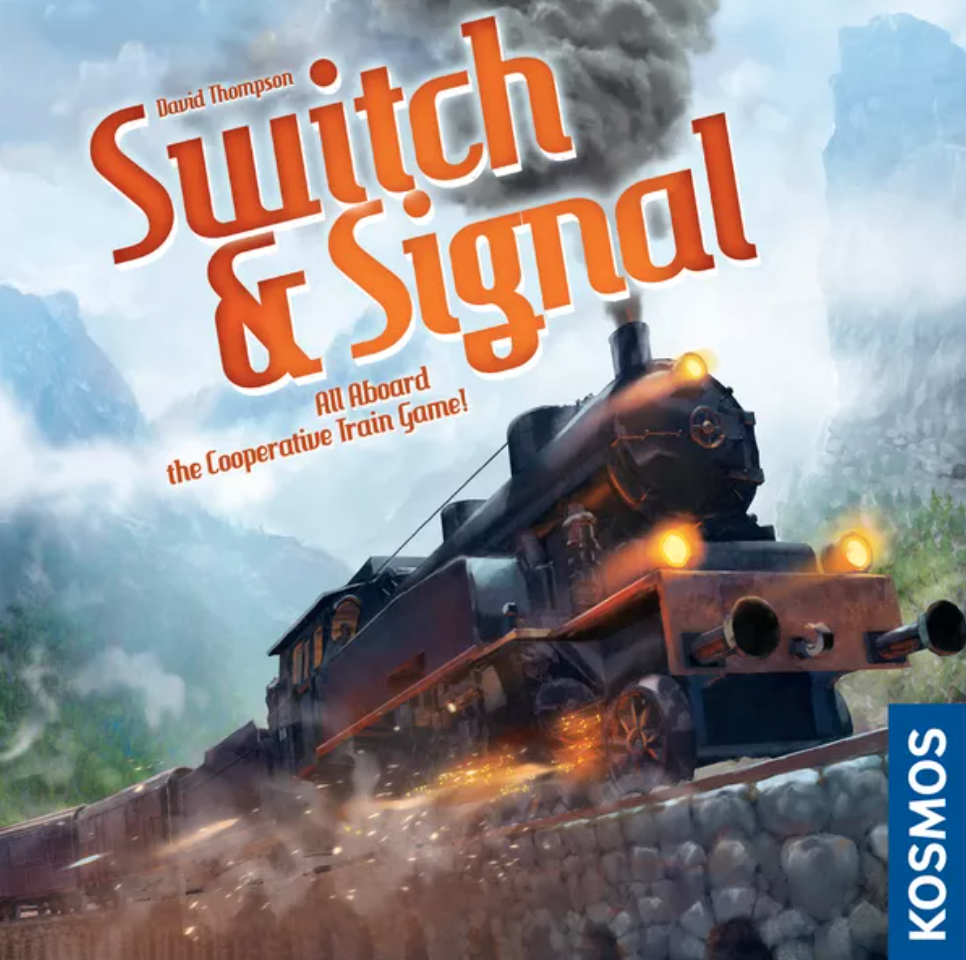
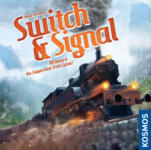
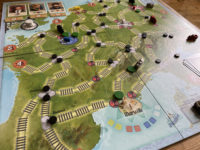
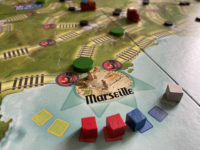
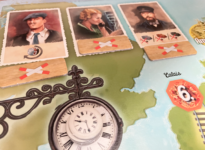



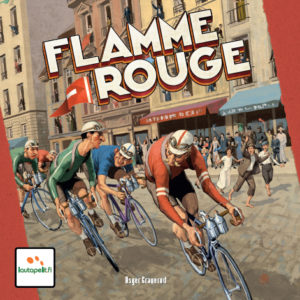
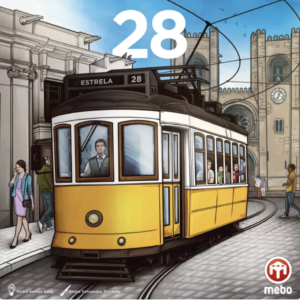
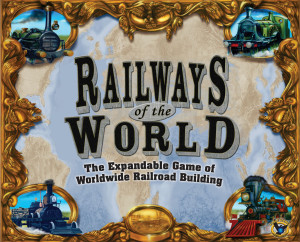
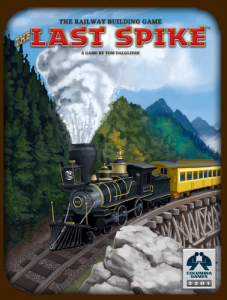
Sam says
A game of relatively few rules but a tactical challenge every time. Players can discuss cards, strategy, and plan together. Like most co-operative games that operate this way, that means a domineering or more confident player can start playing on everyone's behalf with unsolicited advice and tactical instruction. But if you have players who give each other - younger players especially - a bit of room (and time) then Switch & Signal is a fun puzzle, with an escalating drama as the driving deck empties and time runs out.